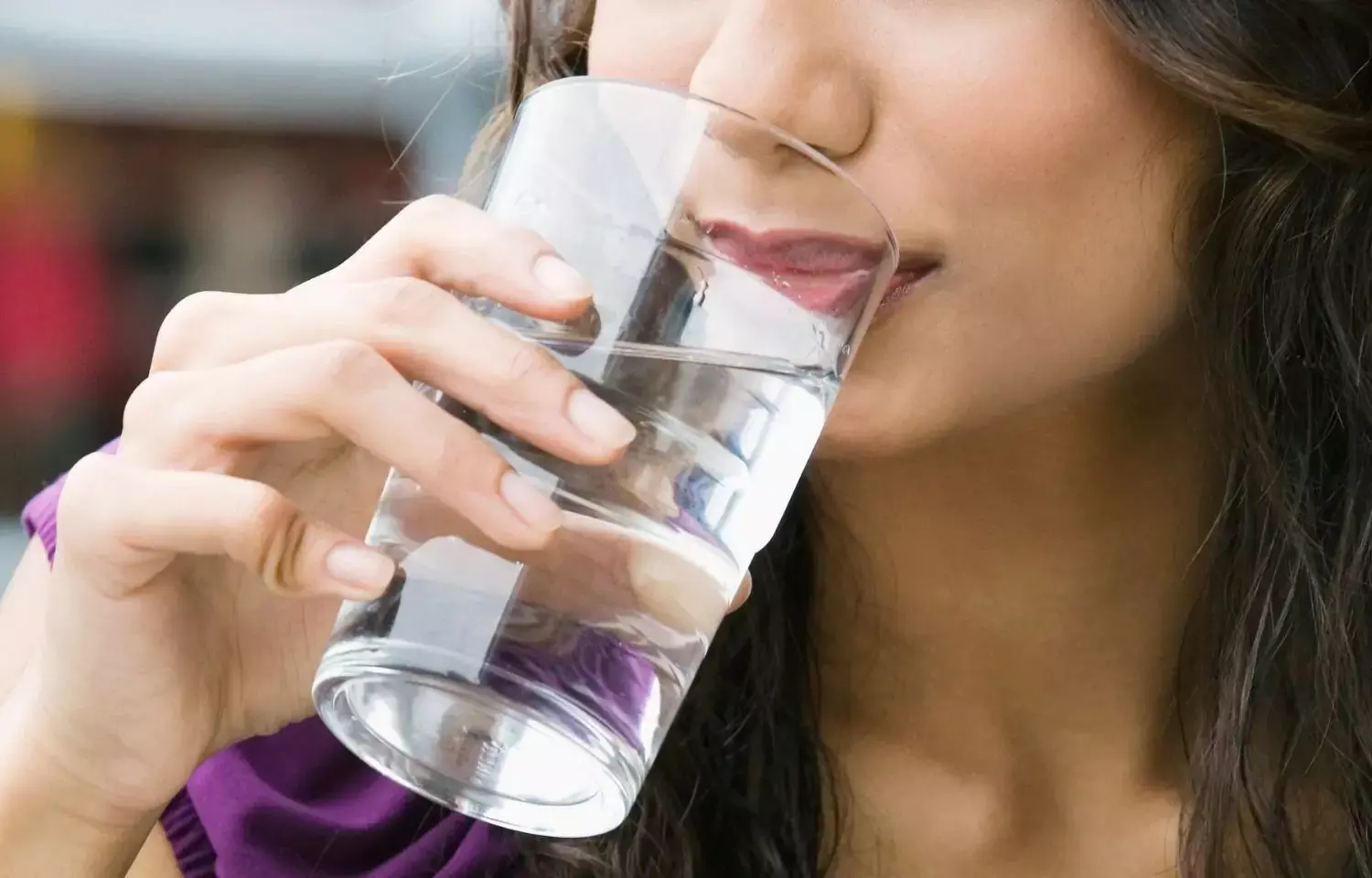- Home
- Medical news & Guidelines
- Anesthesiology
- Cardiology and CTVS
- Critical Care
- Dentistry
- Dermatology
- Diabetes and Endocrinology
- ENT
- Gastroenterology
- Medicine
- Nephrology
- Neurology
- Obstretics-Gynaecology
- Oncology
- Ophthalmology
- Orthopaedics
- Pediatrics-Neonatology
- Psychiatry
- Pulmonology
- Radiology
- Surgery
- Urology
- Laboratory Medicine
- Diet
- Nursing
- Paramedical
- Physiotherapy
- Health news
- Fact Check
- Bone Health Fact Check
- Brain Health Fact Check
- Cancer Related Fact Check
- Child Care Fact Check
- Dental and oral health fact check
- Diabetes and metabolic health fact check
- Diet and Nutrition Fact Check
- Eye and ENT Care Fact Check
- Fitness fact check
- Gut health fact check
- Heart health fact check
- Kidney health fact check
- Medical education fact check
- Men's health fact check
- Respiratory fact check
- Skin and hair care fact check
- Vaccine and Immunization fact check
- Women's health fact check
- AYUSH
- State News
- Andaman and Nicobar Islands
- Andhra Pradesh
- Arunachal Pradesh
- Assam
- Bihar
- Chandigarh
- Chattisgarh
- Dadra and Nagar Haveli
- Daman and Diu
- Delhi
- Goa
- Gujarat
- Haryana
- Himachal Pradesh
- Jammu & Kashmir
- Jharkhand
- Karnataka
- Kerala
- Ladakh
- Lakshadweep
- Madhya Pradesh
- Maharashtra
- Manipur
- Meghalaya
- Mizoram
- Nagaland
- Odisha
- Puducherry
- Punjab
- Rajasthan
- Sikkim
- Tamil Nadu
- Telangana
- Tripura
- Uttar Pradesh
- Uttrakhand
- West Bengal
- Medical Education
- Industry
Early water consumption safe among non GI surgery patients who meet post GA recovery criteria: Study

A new study by Yixing Lu and team found that moderate amounts of water may be safely consumed in the post-anesthesia care unit (PACU) by non-gastrointestinal surgical patients who completed pre-drinking water evaluations after recovering from general anesthesia (GA). The findings of this study were published in BMC Anesthesiology.
According to the normal guidelines for daily management of surgical anesthesia, the patients undergoing general anesthesia are often required to fast before surgery and are not allowed to consume water. The patients who have gone extended periods without drinking water have lost bodily fluids. And so, upon waking from general anesthesia, majority of patients experience parched mucous membranes and dry lips. One of the key elements of improved recovery after surgery (ERAS) management is postoperative nutritional management. The patients recovering in the PACU frequently experience symptoms including thirst, dry lips, and irritation in their throats, which makes them want to drink water. Thereby, this study sought to assess the therapeutic effects and potential problems of delivering varied amounts of water to such individuals. The key goals are to determine the safety and practicality of early water intake following general anesthesia in the setting of daylight surgery.
Four groups were randomly allocated to 200 nongastrointestinal patients who underwent outpatient surgery as Group A (drinking less than 1 milliliter per kilogram), Group B (drinking between 1 and 2 milliliters per kilogram), Group C (drinking more than 2 milliliters per kilogram) and Group D (without drinking any water). This study compared the results between the 4 groups by tracking alterations in the evaluation parameters prior to and during water consumption, as well as the frequency of nausea and vomiting following ingestion.
The results suggest that water consumption significantly reduced oropharyngeal discomfort, thirst, and pain levels, while increasing the stomach antrum motility index (MI). Also, higher water consumption was associated with increased gastrointestinal peristalsis. The antral MI differed significantly between groups B, C, and A. Also, there was no significant difference in nausea and vomiting rates across all the groups and early water consumption increased patient comfort with medical treatment, considerably different from Group D.
Overall, early water drinking is safe, practical and tolerable in case of post-anesthesia care unit. This can help to meet the psychological needs of patients, regulate their moods, aid in the gastrointestinal function recovery and increase overall medical treatment satisfaction.
Reference:
Lu, Y., Liu, S., Jing, S., Zhao, X., Liang, J., Sun, X., & Lin, Y. (2024). Safety and feasibility of early drinking water after general anesthesia recovery in patients undergoing daytime surgery. In BMC Anesthesiology (Vol. 24, Issue 1). Springer Science and Business Media LLC. https://doi.org/10.1186/s12871-024-02615-5
Neuroscience Masters graduate
Jacinthlyn Sylvia, a Neuroscience Master's graduate from Chennai has worked extensively in deciphering the neurobiology of cognition and motor control in aging. She also has spread-out exposure to Neurosurgery from her Bachelor’s. She is currently involved in active Neuro-Oncology research. She is an upcoming neuroscientist with a fiery passion for writing. Her news cover at Medical Dialogues feature recent discoveries and updates from the healthcare and biomedical research fields. She can be reached at editorial@medicaldialogues.in
Dr Kamal Kant Kohli-MBBS, DTCD- a chest specialist with more than 30 years of practice and a flair for writing clinical articles, Dr Kamal Kant Kohli joined Medical Dialogues as a Chief Editor of Medical News. Besides writing articles, as an editor, he proofreads and verifies all the medical content published on Medical Dialogues including those coming from journals, studies,medical conferences,guidelines etc. Email: drkohli@medicaldialogues.in. Contact no. 011-43720751


